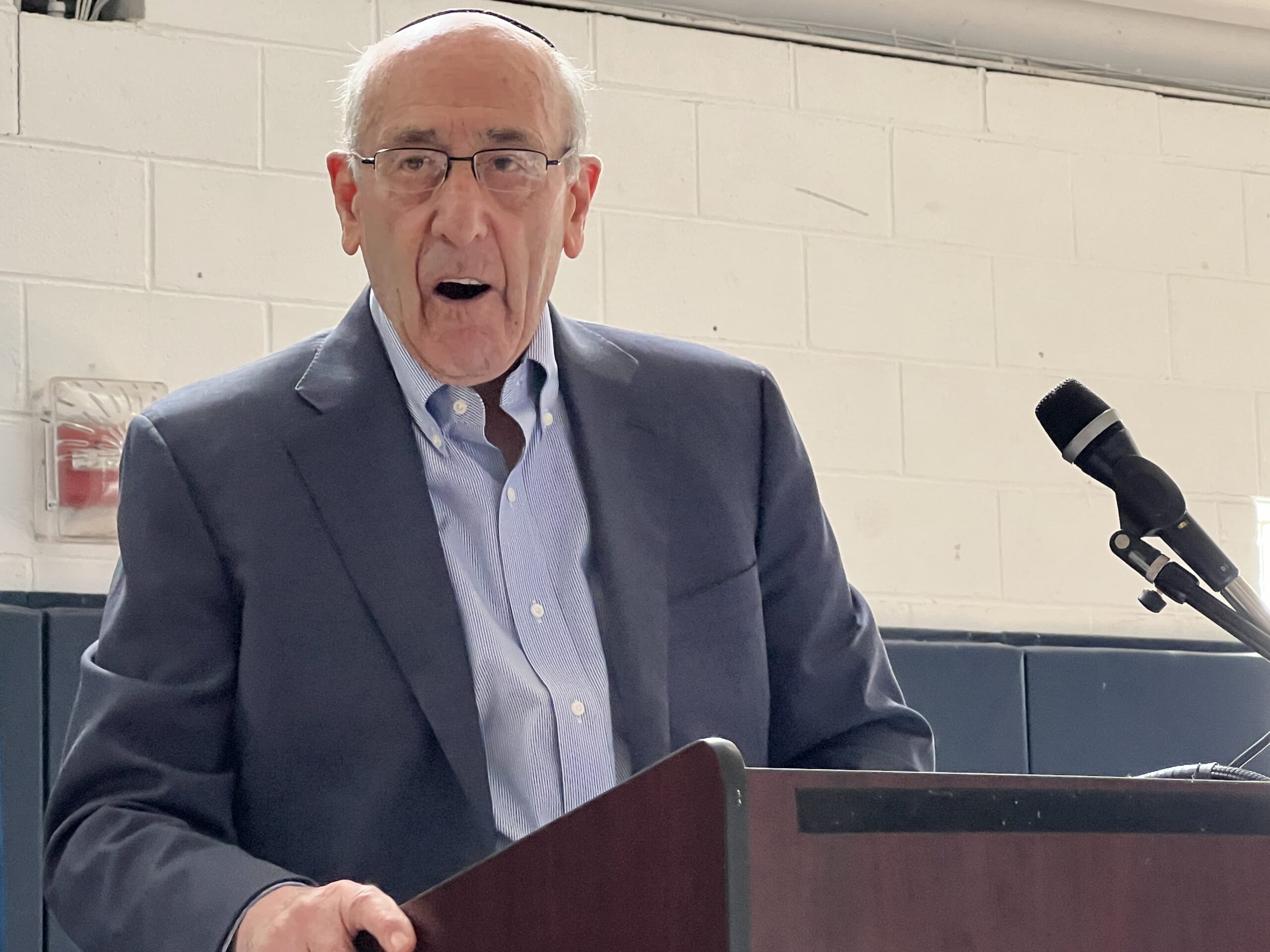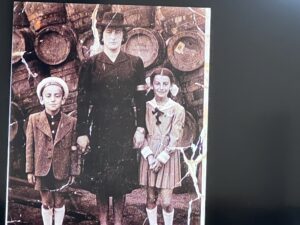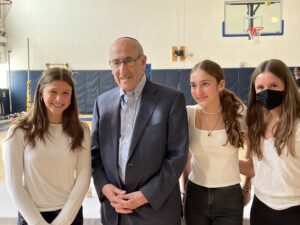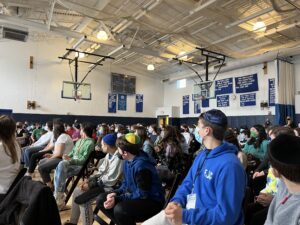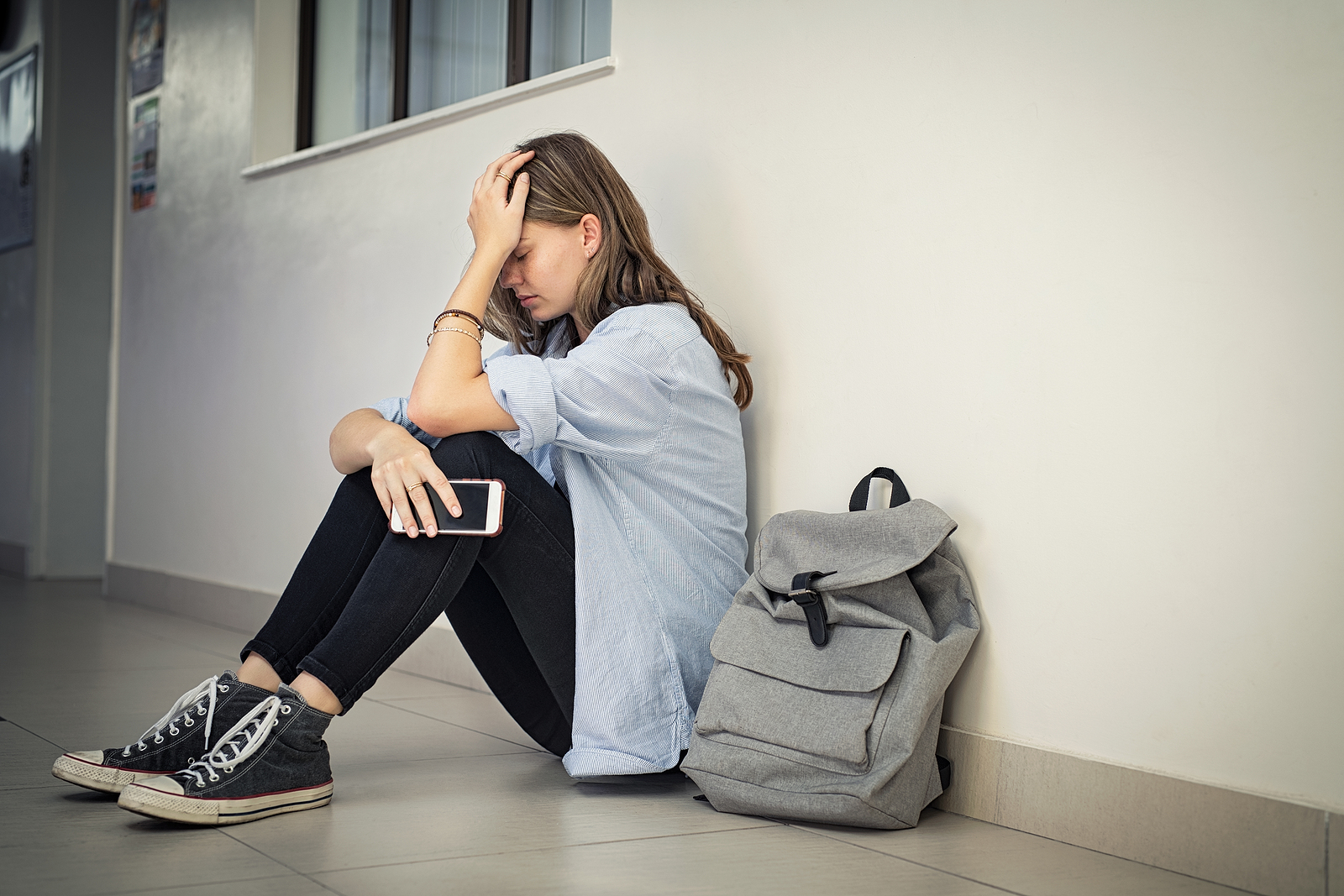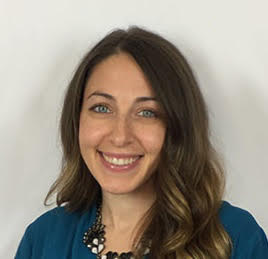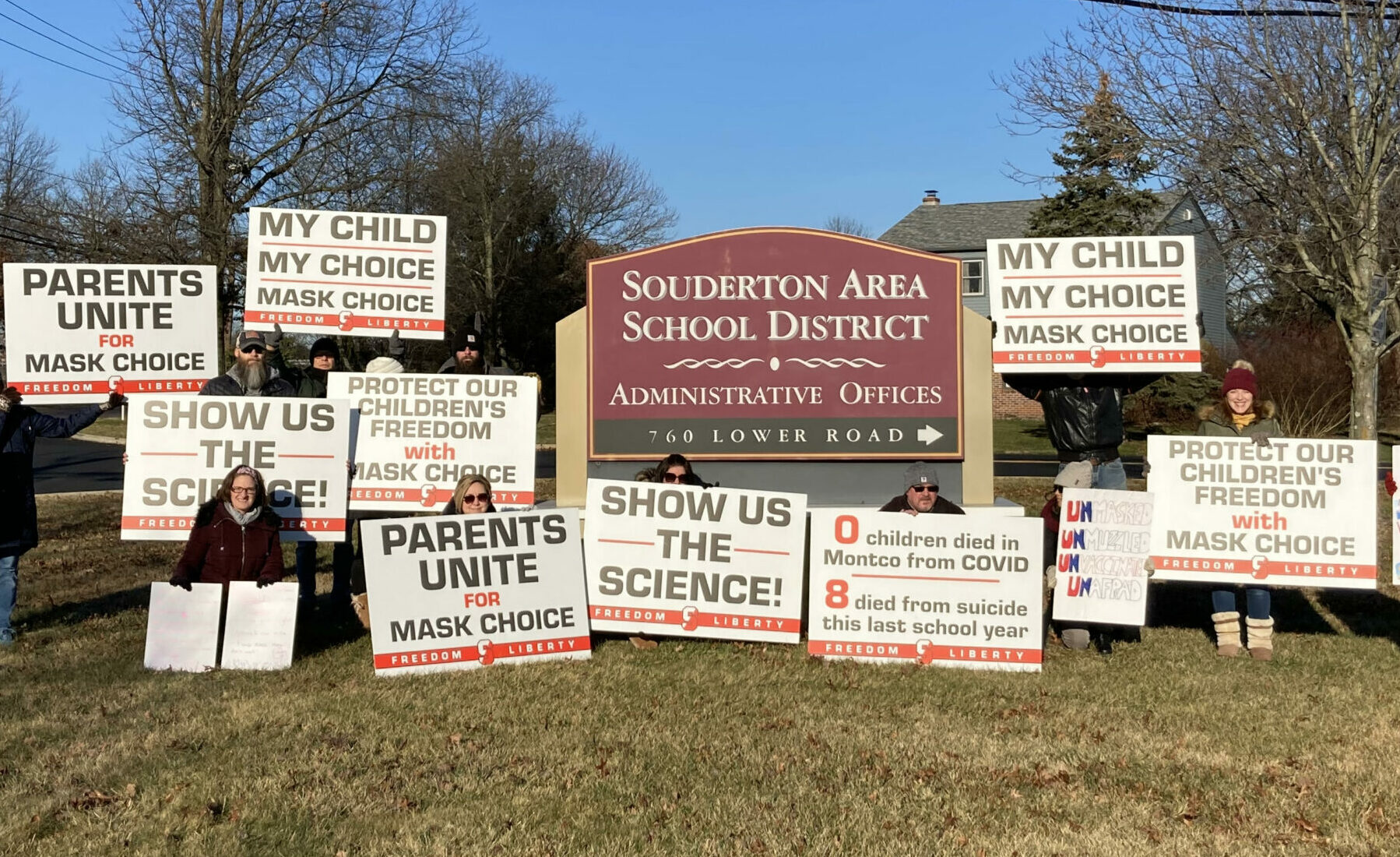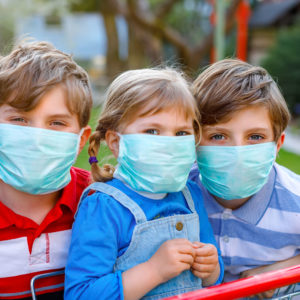OPINION: PASS Scholarships: A Crucial Investment in Pennsylvania’s Future
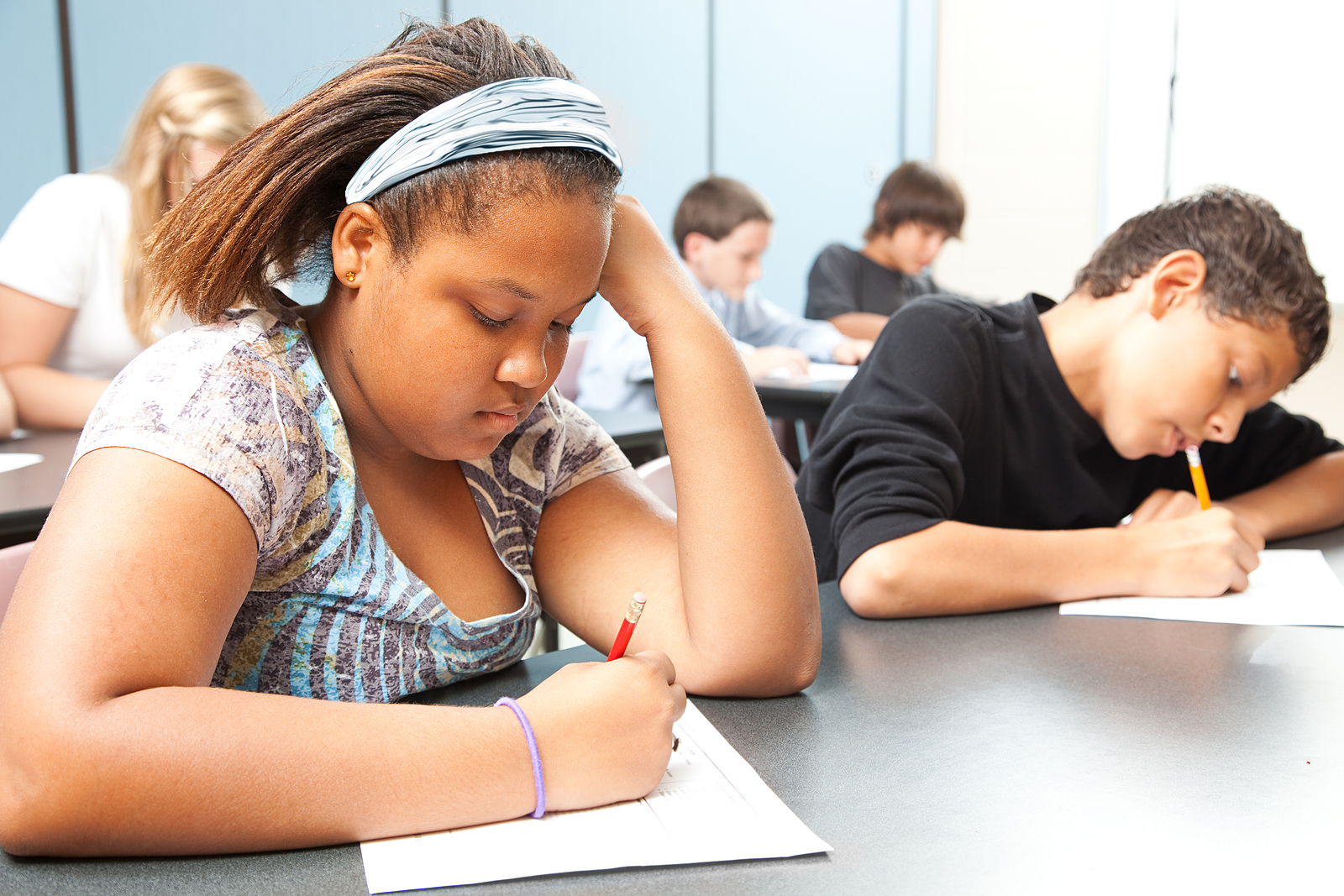
At the heart of education is a promise: the promise of opportunity, growth, and a brighter future.
Yet, for countless students in Pennsylvania’s consistently lowest-performing schools, this promise remains elusive, trapped behind the barriers of geographic limitations, economic restrictions, or limited access to quality instruction.
The reality in many parts of the state, like Philadelphia, is that students and parents desperately want better educational opportunities for their kids. Parents with students in the bottom 15% performing public schools in Pennsylvania often grapple with challenges that hinder the delivery of quality education. These challenges can include overcrowded classrooms, an increased presence of violence, and a need for more educators.
The House Republican Policy Committee recently convened to hear about school choice from eager parents and educators speaking on behalf of students looking for real change to a broken and outdated education system.
The change they advocated for was the Pennsylvania Award for Student Success (PASS) scholarship program, a bipartisan policy initiative that would serve as a transformative solution granting families the opportunity to select the educational curriculum most suitable for their child’s needs. Access to these scholarship dollars and more educational choices further empowers parents as they take an active role in their child’s education, fostering a sense of ownership and partnership between families and schools.
Introducing competition and encouraging innovation, PASS scholarships will be a catalyst for positive change. Students will have the freedom to leave underperforming schools instead of being trapped in a one-size-fits-all, government-run system. Schools, both private and public, will be competing to attract students by improving curriculum, engaging parents, creating a 21st century learning environment and prioritizing the well-being of their students.
Special interests who oppose the program have argued falsely that PASS scholarships divert resources away from struggling schools, exacerbating their challenges. The truth is that funding for a PASS scholarship program would come from a separate state account while also preserving full funding for traditional K-12 public education.
At one of the Republican Policy Committee hearings, a mother from Philadelphia made a point to mention she is a Democrat and this issue goes beyond party lines. She testified that, if implemented, this program would force schools to “up their game…and hold their schools accountable.” By embracing competition in education, we create a system where schools are driven to excel, breaking the cycle of underperforming institutions, and where the students are the ultimate winners, gaining access to more diverse and innovative learning opportunities.
Pennsylvania has a unique opportunity to lead the way in innovation in education by embracing PASS scholarships as a powerful and life-changing solution for those who need it most.
As the Pennsylvania House of Representatives returns to session and legislators fill the capitol, they have an opportunity to pass a bipartisan school choice initiative that will have a positive generational impact. Democrat Gov. Josh Shapiro promised to support the program during his campaign and now is the time to deliver on that promise for the next generation of Pennsylvania.

